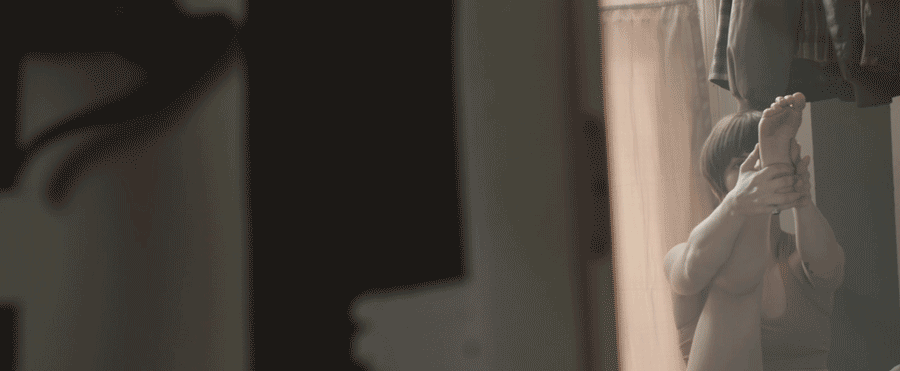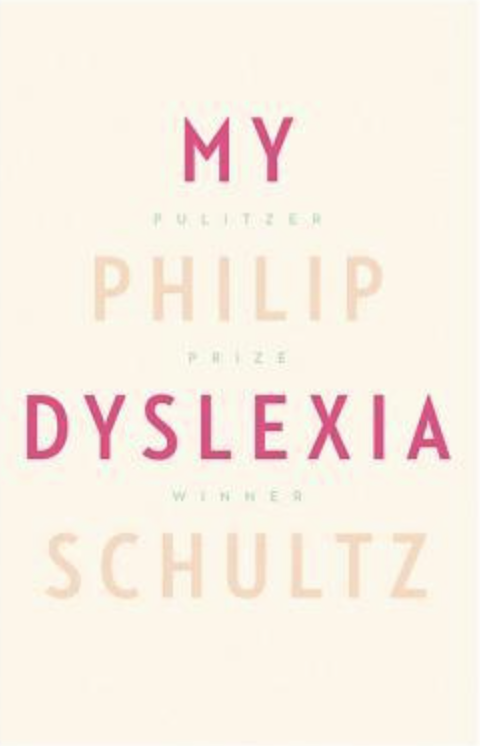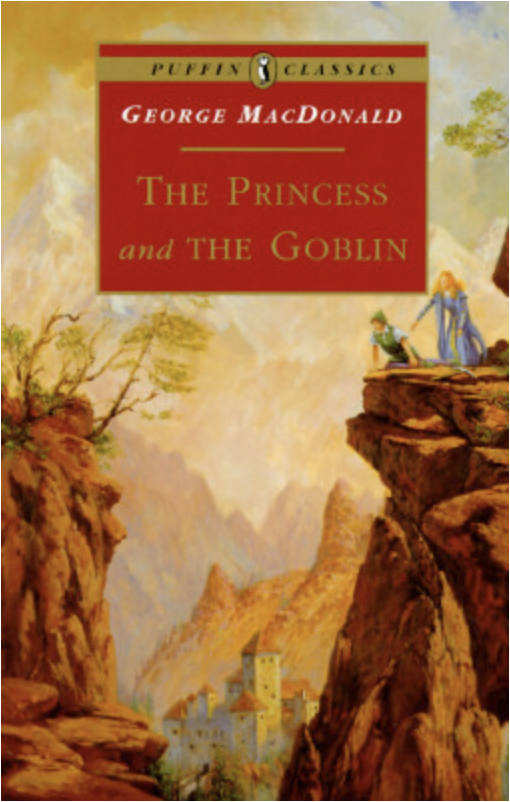What If?
By: Randall Munroe
This was interesting but due to the nature of the content and its original format, it felt more like podcast material to me than book material. I appreciate the spirit of this book, however, and did find a lot of the information interesting, if not particularly useful. There were sections, based on my level of interest in the subject, that were less interesting than others. Overall it was entertaining. I read a great many books that are heavy-hitters and for that particular reason, I chose this entertaining read to break up the tone and pace of my reading list. I would not re-read this book but I am not mad that I invested my time to give a once-through.
Dance Dance Dance
By: Haruki Murakami
WARNING: some spoilers if you have read or watched Burning.
My love affair with Murakami’s works remains unbroken. Dance Dance Dance was weird. It was uncanny. It was just the right amount of eery. It reminded me A LOT of a long-format Burning. The characters were rich. The pacing was steady, methodical, detailed. I find Murakami’s writing extremely inspiring. It shows you don’t have to have a story with fantastical leap after leap to create something unique, interesting and beautiful.
Cthulu Casebooks #1
By: James Lovegrove
This was a really cool twist on Sherlock Holmes. But first, let’s deal with some unsavoriness. From wiki: “Reviewers have praised Lovegrove's use of Doyle's characters within a Lovecraftian conceit.” Due discussion is given, in the book’s intro, to the racist worldview of H.P. Lovecraft. I didn’t realize that was the literary style in which this book would be written. What I mean by that is, the author draws heavily from the occult themes popularized by Lovecraft in a re-telling of an otherwise classic Holmesian story. This is what I would consider to be an attempt to NOT throw out the baby with the bathwater, to NOT partake of cancel culture if you will. I just think you should know that ahead of time if you decide to read this book. I thought it was super fun and I thoroughly enjoyed the mysticism interwoven into the narrative style of Sherlock Holmes. Also some useful reviews on GoodReads. Hit the summary button below for more.
The Fairies of Sunflower Grove
By: PJ Ryan
Ugh. I hate everything that PJ Ryan writes. They are, however, the perfect level for my 5 year old. He is such a champ and listens to and reads things far beyond his five years so I have to throw him a bone every once in a while. I cannot stand Gwedolyn Druyor’s narration. She choose the most infantile sounding voices and she is wildly inconsistent in her assumed accents. Its trite and annoying but for a kid its fun, I suppose. In fact it has almost a 5 star rating everywhere. Of Ryan’s catalog, we have listened to this, Rebecca Girl Detective, RJ Boy Detective and the one where everyone teams up. Anyway, they’re all pretty bad as an adult though they are great for emerging readers. RJ is the best. Rebecca was insufferable. The Faires are totally saccharine. You were forewarned.
The Things You Can Only See When You Slow Down
By: Haemin Sunim
While the content of this book was valuable, I didn't particularly enjoy the format. Does this mean I’m a picky bitch about books? Yes. I definitely have my opinions. This is a book that was created by transferring tweets to page. Some of the longer tweets that spiraled into narrative were good for listening. The shorter ones were a little disjointed feeling. I do think that a written version of this work would be good for those who like a mindful jump-off point for journaling. I chose this book as a “book to listen to while dozing off.” For that purpose, it really was perfect. Since there wasn’t a narrative, it was easy to double back and re-listen to parts I fell asleep to. It took a little longer to make it through than a fully wakeful listening but as far as subject matter and narration go, it filled its role in my library well.
My Grandmother’s Hands
By: Resmaa Menakem
A great book overall. In short, its about race and trauma with equal emphasis placed on both. I have specific categories of people I think this would be best suited for if I had to prioritize. IMO this book should be a priority for white people who are stepping into social justice and who find themselves uncomfortable with other writer’s tone toward white people (perceived or real). This is the first book I’ve read that does a good job at kindly walking white people through their own historical trauma. Resmaa lays out how simply being white perpetuates systemic racism but he does so in a way that feels devoid of judgement. It also coaches the reader (white) on how to recognize and de-escalate the sometimes knee-jerk push-back to being confronted about white-body privilege. For example, I requested a family member read The New Jim Crow. They made it through and gained a lot from the read but felt very attacked throughout. Had they read this book first, I think they would have been much better equipped for The New Jim Crow.
IMO this book is a less academic (on purpose) handling of the same info metered out by The Body Keeps The Score. There are fewer (at least for white readers) anecdotes that are the same level of triggering as TBKTS. There is also immediate incorporation of the body-work into the writing so you have tools to use while reading. I will say, there is one moment where the author used a hypothetical to elicit a response from the reader and he totally freaking got me. As a reader, you are warned, goaded, cajoled, coached and implored time and again to stop and do the practices laid out by Resmaa. And about 3/4 of the way through he put a scenario out there so infuriating and personally significant to me, that I had a very strong visceral reaction. Immediately after he writes - now stop and do the practices we have been talking about. And I did. Almost immediately after settling myself down, I realized how brilliantly he got me to do the work. I was deeply impressed. This book covers a lot of the same ground as TBKTS but in a totally different way.
There are whole chunks of this book intended to deal with trauma for Black and POC people as well as whole portions devoted to “The Police” as a body and the trauma they endure. I found both of those sections unique and insight-giving. While there are some people who I think would gain more from bumping this up the reading list before other reads, this book is a must for pretty much everyone.
My Dyslexia
By: Philip Schultz
Insightful, poignant, beautifully written once it gets going. This is not my first read about Dyslexia. It probably won’t be my last. What I’ve read in the last was at the intersection of clinical and anecdotal. This book is narrative, poetic and personal. I have quite a few neurodivergent people in my life. You probably do too, it’s not uncommon just not talked about enough. Books like this feel important to me for the sake of learning to be compassionate. If you want to be able to rise above being an asshole to people accidentally, you have to self-teach. We do not live in a society where “non-normative” experiences are culturally mainstreamed let alone championed. Additionally, My Dyslexia functions as a historical primer on Dyslexia and its clinical arc over the last 70 or so years. The author, Phillip Schultz, came up in the 50s and 60s. Some of what he experienced hasn’t changed much, some things are very different. Again, not information you’re likely to know about unless it touches you directly or unless you go out of your way to seek it out. A good, short read.
Noteworthy: This book is only rated a 3.75 on GoodReads. I would rate it higher, a hair over 4. It seems like most of the negative reviews are from people wanting instructions to follow for how Schultz overcame his dyslexia. That seems unfair to me. Everyone’s path is different and this book never claims to be self-help. Its self reflexive and poetic. Insights are there for those who can pick up on nuance. I don’t think this is a book to read if you have an agenda.
The Princess and the Goblin
By: George MacDonald
High falootin language. This was not a modern re-telling so the English was a bit difficult for Vor to follow. It wasn’t impossible nor did he completely miss the narrative arc, it just required more stopping and making sure that he was paying attention, asking questions and explaining than what we are used to. I remember reading this as a kid but I’m not sure at what age. It is definitely good - whimsical, sweet, suspenseful - it did the work. I would recommend finding a modernized version for young readers. For the slightly older crowd, I suggest undertaking a hard-copy read so as to facilitate the absorption of narrative, vocabulary and formal linguistic stylings. Also, I knew this was an old book but damn, it was written in 1872. Does put some perspective on it.
Gulliver’s Travels
By: Jonathan Swift
More of the same as The Princess and The Goblin, really. Also, it’s not written for children. I totally read it as a kid - probably at eight or so years old, Re-reading along with a child, it’s clear that the voice is as an adult to an adult even though the subject matter is fun and imaginative. Le sigh. Good ol’ Vor hung in there nonetheless. Poor thing. Those two older stories really stretched his listening skills. Neither kept his attention very well. Read them if you like, probably skip them for the beginning readers.
The Vor Game
By: Lois McMaster Bujold
Fun! From what I can tell there’s a whole series. Choosing not to get mired down in it currently but I look forward to doing so in the future. Yes, you read the name correctly and yes they are a woman! A woman Sci-Fi author. But Carlina what about Le Guin or Jemisen etc? Great authors, misgenred imo. Those works are Fantasy with a sprinkling of or thread or two of science. McMaster-Bujold’s entire universe hinges on knowing enough about space that you can create an entire universe that abides by its rules. Now, before I get ahead of myself, she demonstrates that she knows enough but this is still not hard sci-if. It’s more like an underdog story inside of an empire-building story with a solid coat of sci-fi paint. Also, if you’re looking for a feminine touch, look elsewhere. My closest comparison here would be John Scalzi. If you like his Collapsing Empire books these will be right up your alley. Returning now to the things I liked: great characters and character development, so many twists and turns, a believable Universe, quick-witted and sometimes acerbic dialog. Thoroughly enjoyable as should anything be that bears my son’s name.
The Claw
By: Patrick Carman
And-a-strike. I managed to pick three books in a row for Vor that just weren’t it. This books was fun for me but a little too scary/suspenseful for him. At the point of choosing this book, I was scraping the bottom of the barrel of children’s books included in my Audible subscription. Thankfully, they have updated offerings for June. Anyhow, RIYL RL Stine’s Goosebumps. This is a serialized offering. It read like a collection of short Goosebumps stories. Fast and fun with a spoooooky narrator and sidekick. It could also be compared to Tales from the Crypt!












